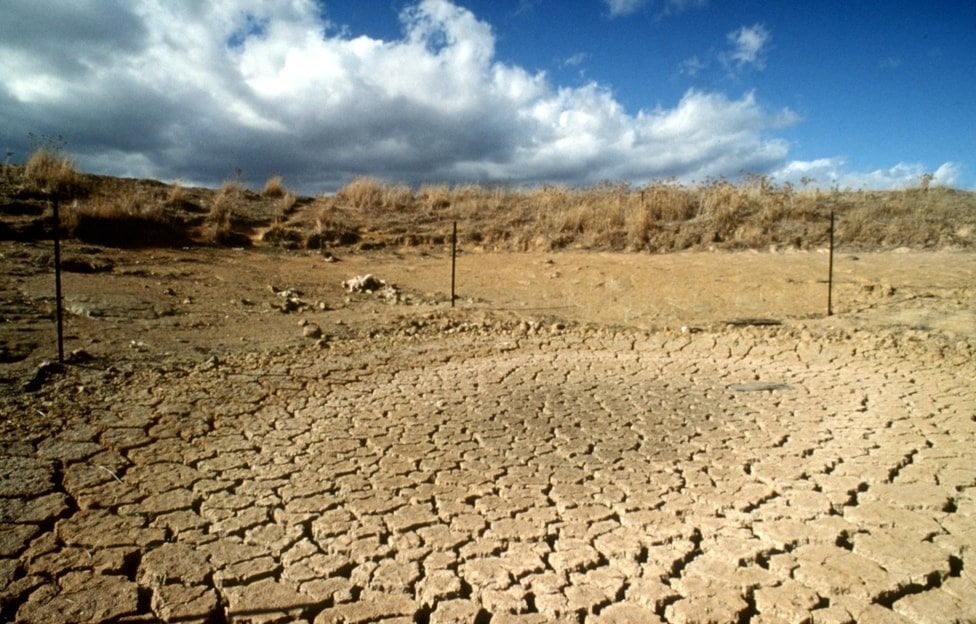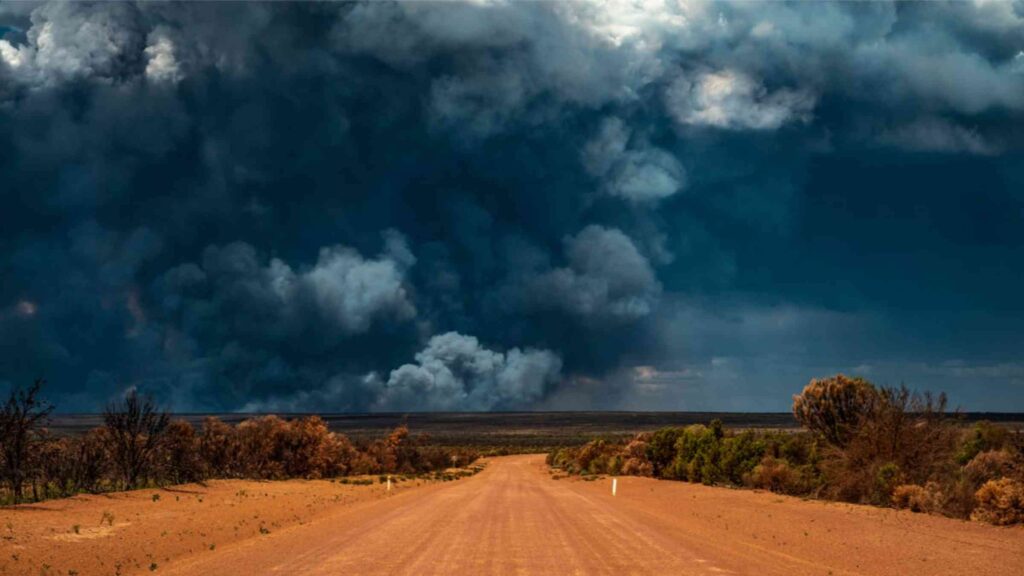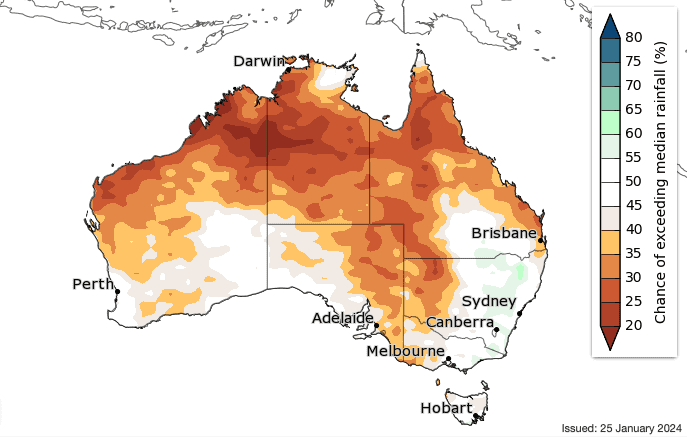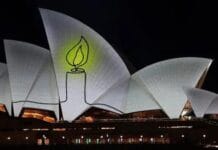Introduction: At the Crossroads of Policy and Sustainability
Australia faces severe climate challenges, driving urgent debates over environmental policies. The nation stands at a pivotal moment, with its leaders grappling with how to align economic growth with ecological sustainability. Lively debates fill the political arena, as decision-makers consider new legislation aimed at stabilizing the environment. Read more about Australia’s environmental strategies on the Department of Climate Change, Energy, the Environment and Water website.

The Policy Arena: Legislation and Controversy
Recent months have seen a heated debate over proposed carbon taxes and the implementation of more aggressive policies aimed at reducing carbon emissions. Influential economists Ross Garnaut and Rod Sims have advocated for a robust tax on fossil fuel production, a suggestion that has stirred considerable controversy within political circles and the broader public. Critics argue that while necessary, such measures could burden the economy, especially industries reliant on traditional energy sources.
Government’s Stance and Public Reaction
The Australian government has introduced several legislative measures to curb emissions and promote renewable energy. Recently, officials passed the Climate Change Act, which sets ambitious goals to reduce greenhouse gas emissions by 43% from 2005 levels by 2030 and achieve net zero by 2050. These targets reflect Australia’s commitment to global climate agreements and have sparked a national conversation about the best paths to sustainability. Critics argue these goals might place undue strain on the economy, especially affecting industries reliant on traditional energy sources. Learn about global reactions to climate policies on the United Nations Climate Change portal.

The Role of Renewable Energy
In response to these challenges, there has been a significant push towards enhancing the country’s renewable energy infrastructure. Solar and wind energy projects are being scaled up, with the government providing subsidies and incentives to accelerate adoption. Despite this, the transition from coal and natural gas, which are central to Australia’s energy supply and economic stability, remains slow and contentious.
Local and Global Implications
The debate extends beyond national borders, impacting Australia’s international relations, particularly with close trading partners and global environmental initiatives. Australia’s role as a major exporter of coal and its position on global environmental policies are under scrutiny, requiring a delicate balance between national interests and global responsibilities.
Conclusion: A Delicate Balance
As Australia navigates these turbulent waters, the outcomes of these political debates will not only determine the environmental legacy left for future generations but also define the country’s role on the global stage in the fight against climate change. The journey towards sustainability is complex, filled with policy experiments and economic recalibrations, but it is a necessary path for a resilient and sustainable future.




